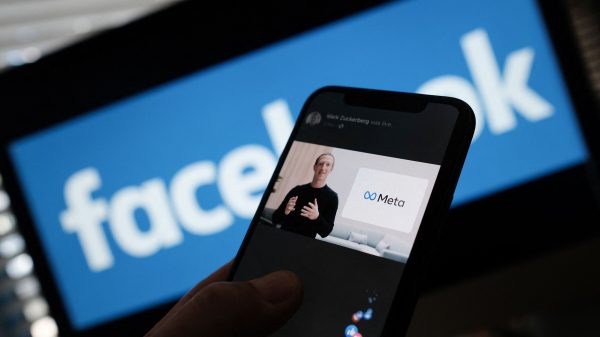Twitter India has partnered with Razorpay for the Tipping feature on its platform, the Economic Times reported. Twitter wants to enable users to make payments on its platform, through 'Twitter Tip Jar', to non-governmental organisations (NGOs) journalists, freelancers, content creators and other civil-society groups looking to mobilise funds. As scores of Indians got infected by the COVID-19 virus over the last year, with the pace of infections in India breaking global records in the last few months, several startups, content creators and NGOs turned to social media to mobilise funds for on-the-ground relief efforts. Twitter and other social media platforms have played an increasingly important role in India's COVID-19 fight, helping ordinary citizens reach out to government officials, NGOs, activists and political actors for help. In early May, Twitter announced that it would launch the Tip Jar feature stating that specific users will be eligible to receive payments. The platform will introduce a Dollar or Rupee icon next to the follow button on a users' profile. Twitter has been beta testing the feature in India for many months. As of Tuesday evening, the Tip Jar icon was enabled on the public profiles of several Twitter India employees. However, by Wednesday the icon was disabled. MediaNama has seen screenshots of the feature on the profiles' of Twitters' Indian employees. However, Twitter is currently embroiled in legal battles with the Government of India over two issues, the first being a political fight between the ruling Bharatiya Janata Party and the Indian National…





























